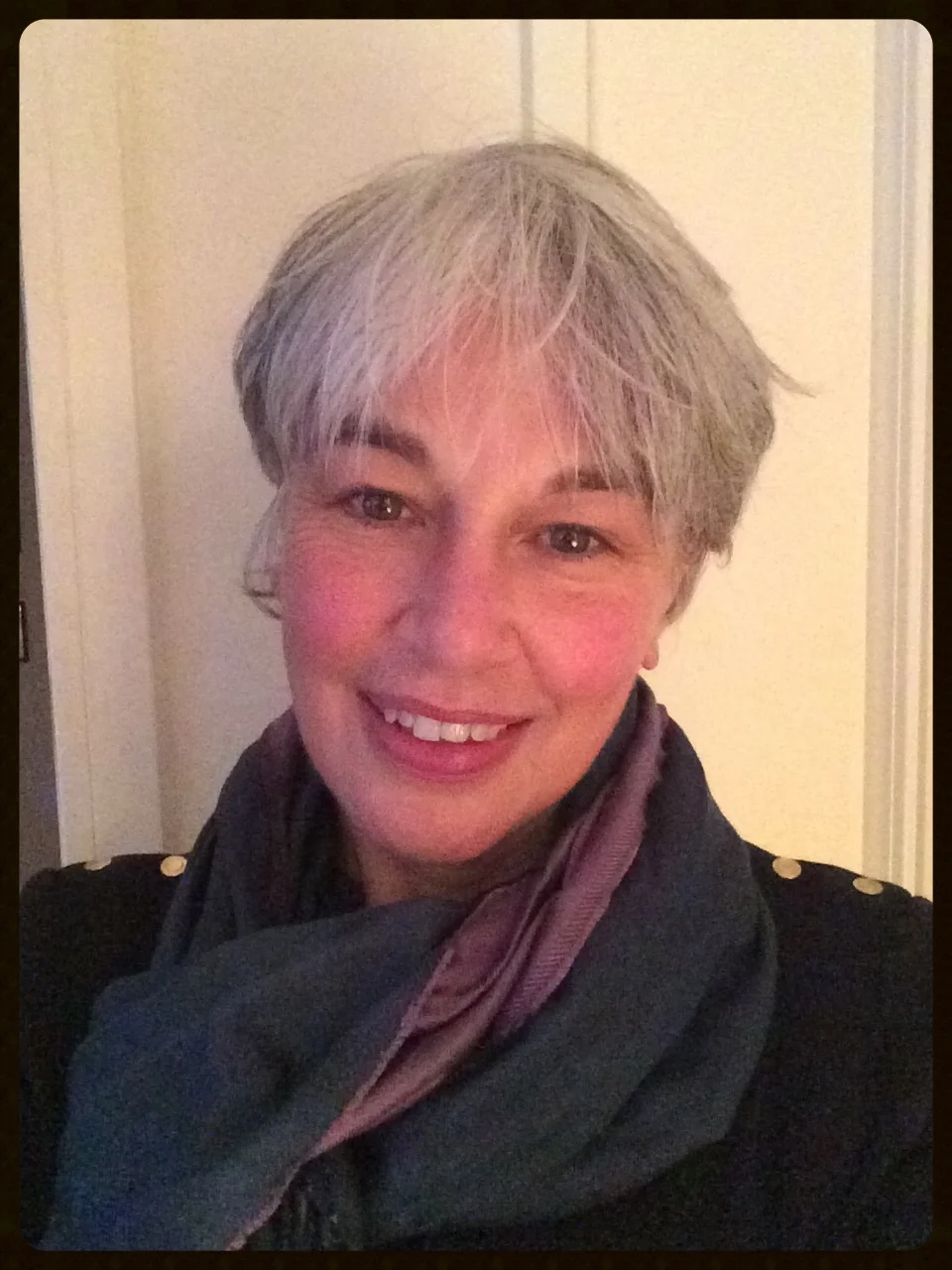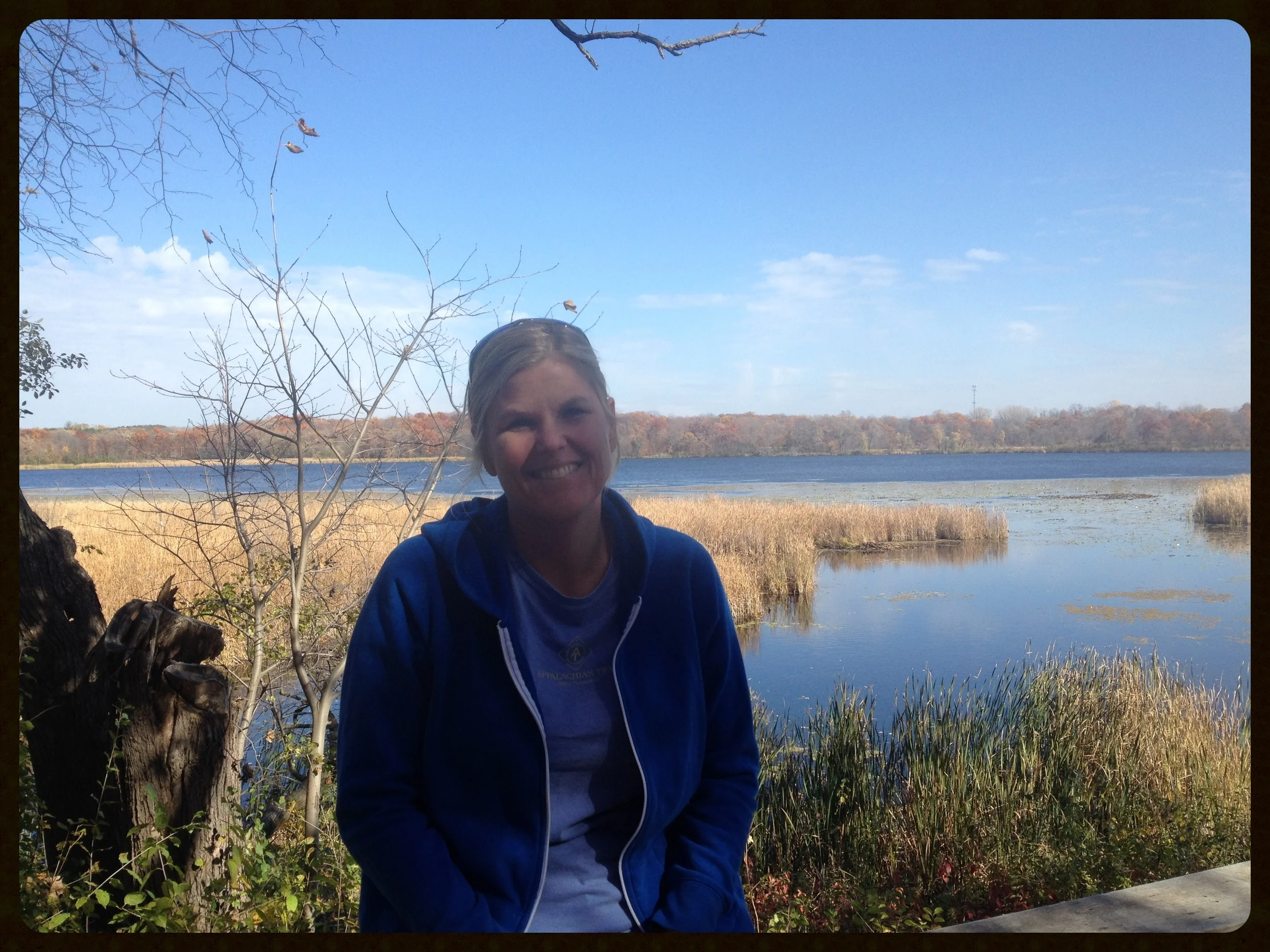Extrapolating Fantastically: Notes on a Science / Fiction Poem
I’m a sucker for the Oxford English Dictionary, and I love that the first definition, from the 1850s, for “Science Fiction”—tagged, amusingly, as obsolete and rare—reads thus: Fiction or poetry depicting some aspect of current scientific knowledge. I am often unsure whether poems of mine, such as “Margin / Mitosis,” could be classified as science poems (factual) or science fiction poems (imaginary). A definition such as this one gives me another way to think about these marvelous tensions.
The OED entry offers an incredible permissiveness and a useful reminder: that we can use science like autobiography; that is, we can let go of fact to get at truth. I don’t mean to imply or endorse a dismissive or shallow engagement with scientific truth. A deep appreciation of science can lead a poet to a more finely crafted image, a more surprising simile, or an unexpected meter or form. Marianne Moore’s “An Octopus,” for instance, relies on the poetic assimilation of scientific facts for its metaphorical link of mountain to mollusk, which sets the scene for a voyage of discovery, of truth seeking, as the poem unfolds. It also allows the poet a kind of fantastic expansiveness that incorporates everything from Greek antiquity to Henry James to beavers to businessmen. Perhaps what I more exactly mean is that mixing poetry and science can allow a third creation to emerge, a type of science fiction that takes fact and projects it into imaginative territory to get at truth. We, poets, have this extraordinary freedom to extrapolate fantastically.
For my writing process this means finding inspiration in both research and play. Scientific studies of Mars (a perennially fascinating sci-fi setting) continually uncover new and strange and unsettling theories about the planet’s aquatic geologic history. Tsunamis on Mars and microscopic ocean life look much less like fiction than they did only a couple decades ago.
The inspiration for “Margin / Mitosis” arose out of my poetic obsessions with outer space and the sea: What if there actually were a species of fish on Mars long ago? And what if some of their old bones could evaporate whole into the solar system as the atmosphere dissipated? Is that a terrible or a wonderful fate? Is it another end or a type of rebirth? This image is a fantasy, albeit one that may be feasible on a sub-atomic scale—on the scale of metaphor. These what-ifs move the poem away from the current scientific knowledge of a vast Martian Atlantic into a science fictional realm where fossils might swim off into the interstellar unknown.
The aims of science and poetry seem extremely similar to me: to expand the limits of human knowledge by using imagination and intense observation to test and question what we otherwise take for granted. Neither the scientist nor the poet is entirely satisfied with their work until they’ve explored the complexities of a particular truth to the fullest extent possible with the tools available, whether those tools involve telescopes or alliteration or time travel or all of the above.



